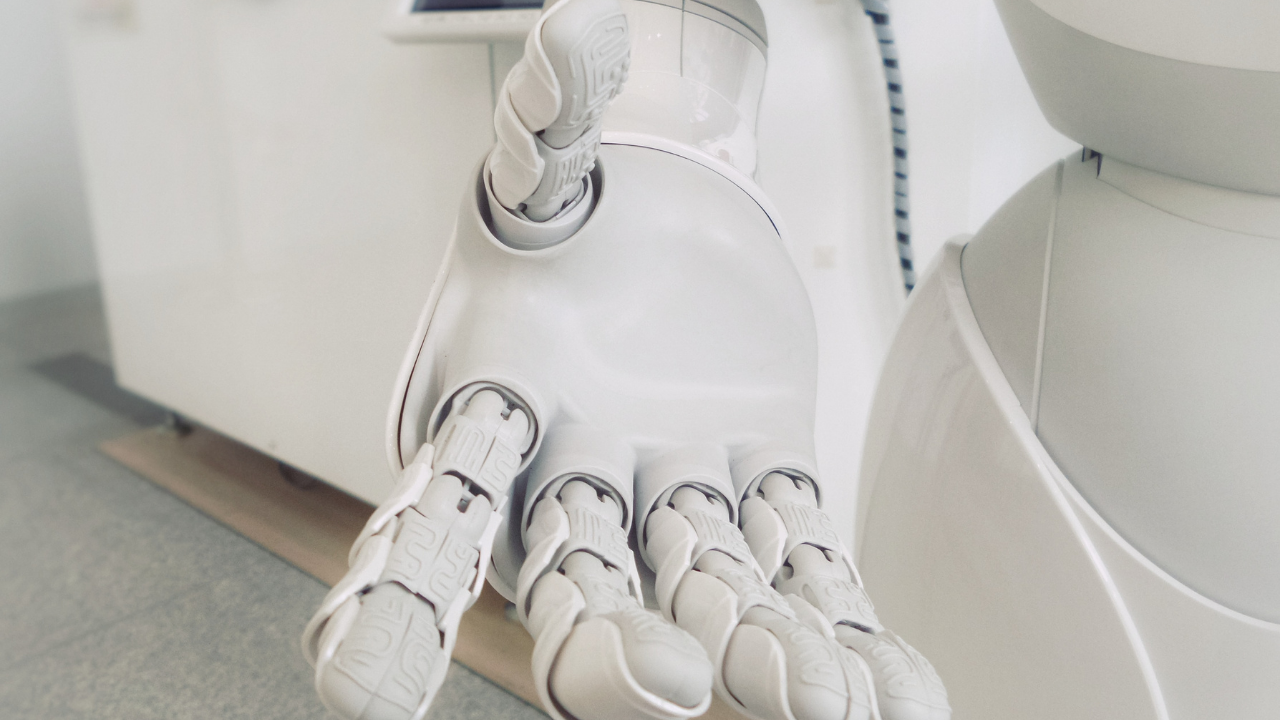The quality of worklife has been an emerging trend for companies over the last several years, and now, it’s gaining more traction than ever.
Today’s workforce has become accustomed to using various types of automation and artificial intelligence (AI). These technologies have quickly become staples to a company’s operations, which means certain jobs and tasks will no longer have to be done by humans.
In fact, according to a study from Stanford and Arizona State Universities, “cities with greater increases in AI-related job postings exhibited greater economic growth.”
“This relationship was dependent on a city’s ability to leverage its inherent capabilities in industry and education to create AI-based employment opportunities,” the study read.
AI can also be utilized to train and upskill workers to prepare them for the future of the workforce. This can be accomplished by using algorithms that create curated training programs for employees to build off of their recurrent skill sets.
Despite the misconception that automation and AI decreases job opportunity, it may actually prompt a huge spike in new positions. In fact, according to WEF’s Future of Jobs Report, 97 million jobs may be created by AI over the next five years.



 Dr. Gleb Tsipursky – The Office Whisperer
Dr. Gleb Tsipursky – The Office Whisperer Nirit Cohen – WorkFutures
Nirit Cohen – WorkFutures Angela Howard – Culture Expert
Angela Howard – Culture Expert Drew Jones – Design & Innovation
Drew Jones – Design & Innovation Jonathan Price – CRE & Flex Expert
Jonathan Price – CRE & Flex Expert











